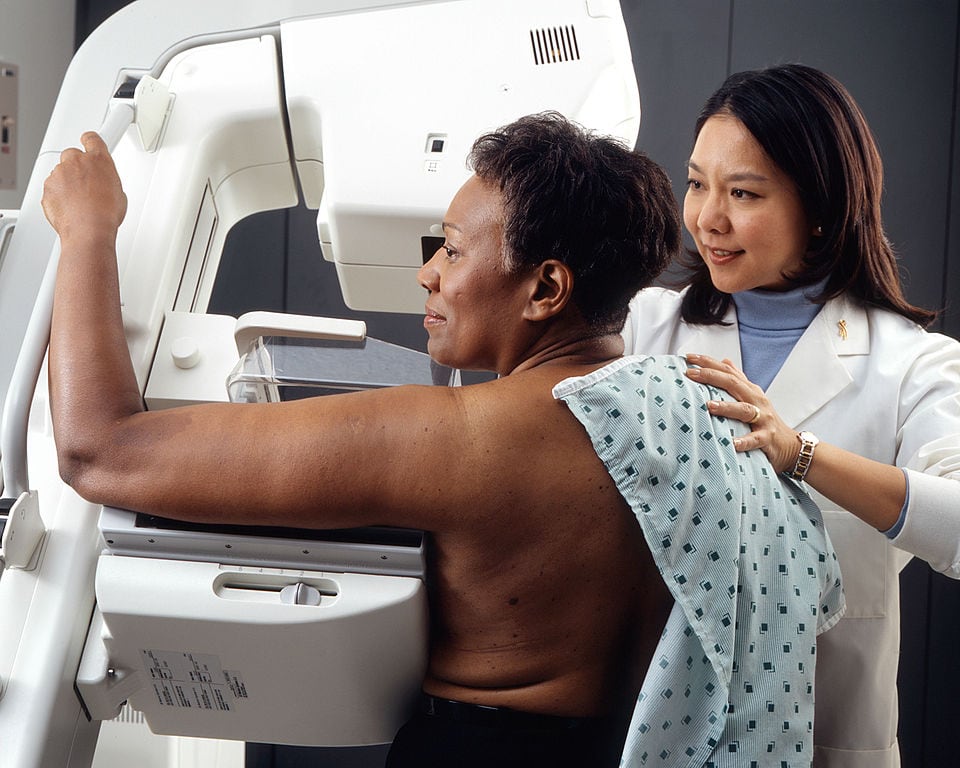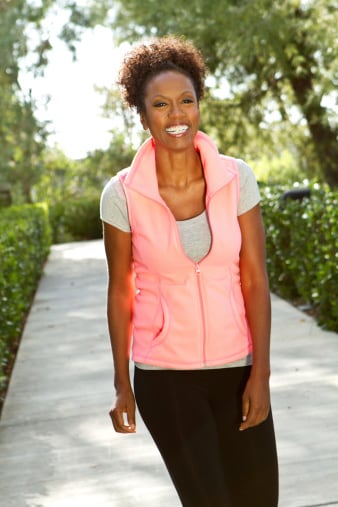Great Sex Begins in Your Head and Your Heart
Researchers have found new evidence for what most women already know: when it comes to sexual pleasure, women are far more complex than men are.

The best libido booster for women, especially after menopause, may be emotional satisfaction with their partners, not their hormone levels. (Photo: Sam Edwards/GettyImages)
A new study investigating the role of testosterone in sexual desire in a multiethnic group of menopausal women found that emotional factors in the women’s lives played the greatest role in the frequency and intensity of their sexual desire, not their hormone levels.
The Search for a Libido Booster
Researchers around the world have spent years searching for a pill or potion that will boost the female sex drive, especially after menopause. Drugs are being tested, but so far, nothing has worked. Part of the problem may be that researchers most often assume that a woman’s sex drive can be increased the same way that a man’s sex drive can be increased — by raising testosterone levels.
The purpose of this study was to assess the impact of testosterone and other hormones on desire in women who were going through menopause.
In men, testosterone not only influences desire, it helps them maintain an erection. Women produce small amounts of testosterone in the ovaries, but the amount diminishes once our menstrual cycles end.
For this study, John Randolph, M.D., a gynecologist and researcher at the University of Michigan, and his team, examined information on 3,303 women who were part of the Study of Women’s Health Around the Nation.
Blood tests measured the levels of testosterone and other hormones in the women. Surveys assessed their interest in sexual intercourse and masturbation. The team found that women with higher levels of testosterone and dehydroepiandrosterone sulfate (DHEA) had slightly higher levels of desire for both activities than those with lower levels of these hormones, but the difference was not significant.
“The difference was underwhelming,” Randolph explained in a university interview. Testosterone’s influence on desire among the women was so small that the researchers concluded that giving women testosterone supplements would not suddenly give them a healthy or robust sex drive.
Randolph and his team wrote, “[In women] the effects of reproductive hormones on sexual function are masked by the influence of relationship status and other psychosocial variables associated with partnered sexual activity.”
In other words, emotional factors, especially feelings of sadness, depression or relationship dissatisfaction played a much larger role in the study participants’ desire for sex than their hormone levels.
“Women’s interest in sex is extremely complicated,” Randolph said. “Mood and an overall sense of health and well-being are key for women.”
Black Women and Menopause
While the study results may be disappointing for women who are seeking a magic pill that would restore their sexual desire to youthful levels, the research provides information that offers women a few clues to boosting their desire naturally — a method that is more appealing to black women.
Several studies have shown that black women are less likely to medicate themselves during menopause with hormonal replacement therapy, suggesting they’d be less willing to take testosterone, DHEA or other supplements to boost libido.
In any case, this study suggests that pills are not the answer. The route to a happy, satisfying sex life is to address depression when you are feeling blue and work on having the best possible relationship with your partner.
Run for Your Life
Want to have higher energy levels and ease of movement as you age? Then you should hit the track or the treadmill, reports new research from Humboldt State University and the University of Colorado, Boulder. A study looking at adults over age 65 who exercised at least three times a week by jogging or walking, found that the joggers did not experience the expected level of age-related decline in mobility. The older joggers were 7–10 percent more efficient at walking than older adults who just walked for exercise.








